Do you have a dog that only seems to want to eat at night? If so, you’re not alone. Many pet owners struggle with getting their dogs to eat during the day and instead find themselves having to deal with midnight feasts. But why does this happen?
There could be several reasons for your pup’s nighttime eating habits. Whatever the cause, it is important to understand why your pooch prefers dinner after dark in order to properly address the problem and ensure your furry friend is getting all the nutrition they need.
Is It Safe For Dogs To Only Eat At Night?
The first thing to consider is whether it’s safe for your pup to be consuming all their meals at night. Generally speaking, a dog that eats only at night is not a cause for concern, provided they are eating enough and maintaining a healthy weight. However, if your dog begins to lose weight, or seems to be having digestive problems as a result of their nighttime eating habits, it is important to have them checked by a vet in case there is an underlying medical issue. [1]
Notes On Bloat And Nighttime Eating
One of the most serious medical conditions a dog can suffer from is bloat, which occurs when their stomach becomes twisted and filled with air or gas. Unfortunately, this can be fatal if not treated quickly enough and is more likely to occur in large breed dogs with a deep chest. Eating at night may increase the risk of bloat because it can cause the dog to eat too quickly and fill their stomach with air.
In order to reduce the risk of bloat in dogs, it is important to monitor their eating habits and try to limit them from eating too quickly. If your dog only eats at night, you should consider breaking up their meal into smaller portions and feeding them throughout the day. Also, be sure to always provide plenty of freshwater in order to prevent dehydration.
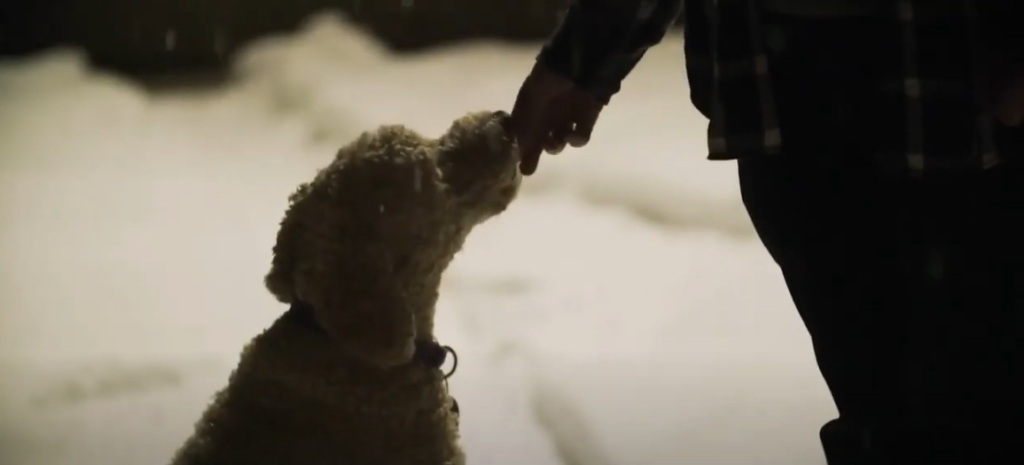
Is It Bad For Dogs To Eat Right Before Bed?
Most veterinarians agree that dogs should not be fed right before bed. Eating too close to bedtime can cause digestive issues, like indigestion, a bloated stomach, and gas. It may also cause discomfort that can keep your pup awake or wake them up in the middle of the night. Additionally, eating before bedtime can increase your pet’s risk of developing obesity, as the calories consumed at that time won’t be burned off.
If your dog insists on eating at night, it may help to give them a smaller meal or snack earlier in the evening. A light snack of nutritious food will help your pup feel full and may prevent them from waking up in the middle of the night due to hunger. If your dog isn’t interested in eating earlier, you can try providing more physical activity before bedtime to help curb their appetite. A game of fetch or a brisk walk will help tire them out and make them less likely to be hungry at night.
Finally, if you find that your dog is still eating at night and not during the day, it may be a sign of an underlying health condition. [2]
Reasons Why Your Dog Only Eats At Night
It’s natural for dogs to eat at night and there can be a variety of reasons why your dog only eats at night. Here are some of the most common reasons why your dog may eat only at night:
Your Dog Might Have Separation Anxiety
If your dog experiences separation anxiety, they may have an abnormal eating pattern. Dogs with separation anxiety may eat their meals quickly and only at night in order to feel close to their owners, who they associate with being fed. When nobody is around, they may be more likely to eat their meal since they do not feel like they should wait for their humans.
They’re More Active At Night
Dogs are originally descended from wild wolves, who were active primarily at night. As a result, dogs may find nighttime to be the most comfortable time of day to eat. Additionally, their biology may be geared towards night eating: dogs have an increased appetite late at night due to a surge in hunger hormones. So, if your pup appears to only be hungry at night, this could be a sign that they’re simply following their natural, ancestral instincts!
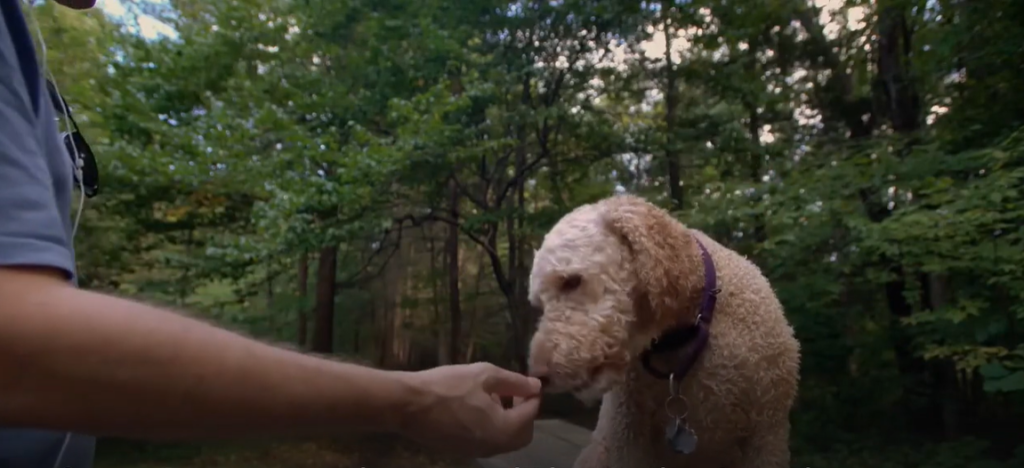
They Only Want To Eat When They’re Alone
In some cases, a dog may only want to eat at night because they don’t feel comfortable eating in front of their humans. It could be because they feel embarrassed or like they’re doing something wrong. It’s important to make sure that your dog feels safe and comfortable when eating and to provide them with a separate space, such as a quiet corner in the kitchen where they can eat without being disturbed. A
They Don’t Like Their Food
If your dog doesn’t like the food you’ve given them, they may be more likely to eat it once it’s been out of sight for a while. The day-time distractions in the house can make it difficult for your pet to concentrate on their food. If you leave the food out for a few hours, your pet has had some time to get used to it and may be more willing to chow down at night.
Their Feeding Schedule Is Encouraging It
It is not uncommon for our canine friends to become accustomed to a certain feeding schedule. Dogs, just like humans, have the ability to anticipate when their next meal might be, and if it has become a pattern for them to only eat at night, then this is the schedule that they will expect to keep. It’s important to feed your pup on a consistent basis, as this will help them understand when the next meal is coming. If you are only feeding your pup at night, then this could result in them feeling hungry throughout the day and expecting food only at night. [3]
What If My Dog Suddenly Only Eats At Night?
If your dog has been eating regularly during the day but suddenly only eats at night, that could be a sign of something more serious.
Age
If your dog is a puppy or an elderly, it may be because the time of day when their body needs food has changed. Puppies need more frequent meals than adults, and elderly dogs may be less active throughout the day and instead only have the energy to eat during the night.
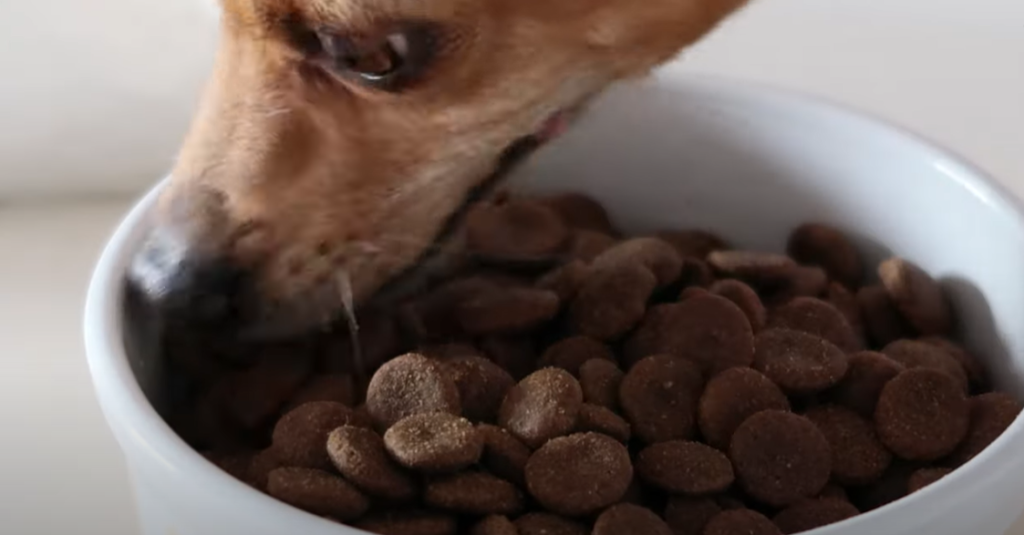
Sickness Or Injury
In some cases, a dog might not feel like eating at his normal mealtime because he’s sick or injured. If your pup is exhibiting other symptoms – such as lethargy, coughing, diarrhea or vomiting – in addition to refusing food during the day, it might be a sign of an underlying medical condition. If your pup is not eating during the day, take him to the vet immediately for an evaluation.
Change In The Seasons
During the summertime, your pup may be more inclined to eat at night due to the change in daylight hours. As days become longer and nights become shorter, the natural circadian rhythm of your pup may be thrown off and their appetite may become greater in the evening. This could cause them to feel hungrier at night, prompting them to eat more than usual. Additionally, the temperature may be cooler in the evening allowing them to feel more comfortable. This can also increase their appetite and cause them to eat more.
Food Changes
Dogs that only eat at night may have experienced a change in their food. If their previous diet was not nutritionally complete, or if the ingredients have been altered, your pup may be more attracted to feedings at night. It is important to ensure that their food is providing them with the correct balance of proteins, carbohydrates, vitamins and minerals they need to stay healthy. You may also find that your pup has developed a preference for higher fat and calorie-dense foods, leading to their night-time eating habits. [4]
How Many Times Should I Feed My Dog In A Day?
The amount of times you should feed your dog in a day depends on many factors, such as the size and breed of your dog, their age, and activity level. Generally speaking, dogs should be fed two to three times a day. Puppies may need more frequent meals, while older dogs may be able to get by with only two meals a day. The best way to determine exactly how often you should feed your dog is to consult with your veterinarian.
It is important to keep in mind that a good rule of thumb when it comes to feeding your dog is to feed them only as much as they need. Feeding them too much can lead to unhealthy weight gain, which can cause a variety of health problems. If your dog is constantly begging for food, it may be a sign that they are not getting enough and you should consult your vet to make sure you are feeding your pup the right amount.
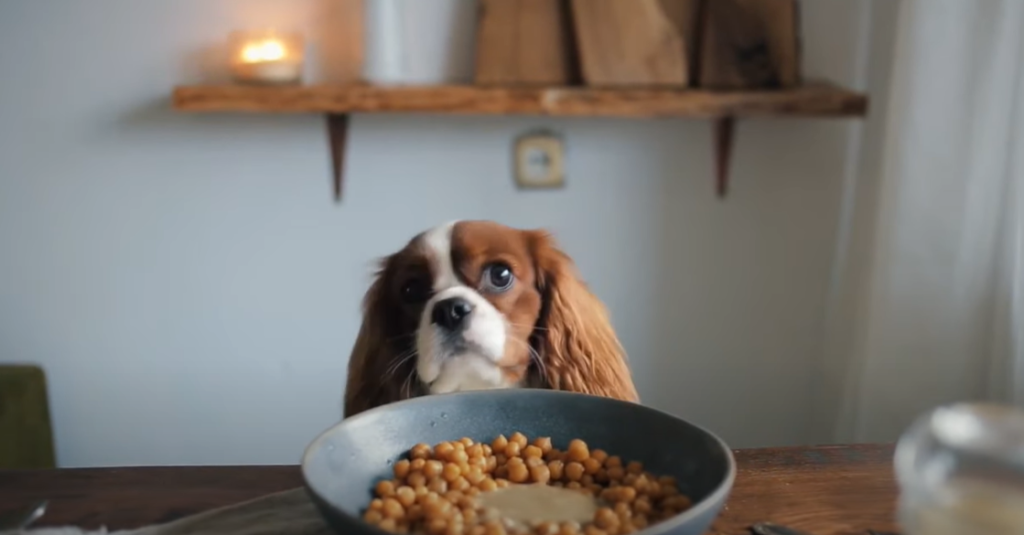
How To Make My Dog Eat At Different Times Of The Day
If your pup has an appetite only at night, you may be wondering how to make them eat during the day. The good news is that it is possible to change your pup’s eating schedule if you take the time and effort to do so. Here are some tips for making your dog eat at different times of the day:
Food Quantity Control
First, it is important to ensure your pup’s dietary needs are met. If you are giving them too much food throughout the day, it’s likely that they will only be interested in eating at night. In order to have your pup eat during the day, make sure to portion out an appropriate amount of food for each meal. This will prevent overeating and help your pup to get the nutrition they need throughout the day.
Step-Wise Preponing Of The Meal Time
One of the best solutions to this issue is to slowly start changing the time that your dog’s food is served. Start by giving small portions of food earlier in the day, and slowly increase the amount until you reach your desired eating time. Ensure that you keep your dog’s meal times consistent, and make sure that their scheduled eating time is the same every day. Pair this with positive reinforcement and reward your pup for eating at their new meal time. With a bit of consistency and patience, your pup should begin to recognize that it’s meal time as you set it!
Free-Feeding Mode During Day Time
One of the most common reasons why dogs only eat at night is free-feeding mode during the day. This means that a dog’s food is accessible all day long, making it easy for them to only eat at night. Free-feeding can be beneficial if your dog is overweight and you want to control their caloric intake. However, if your dog is underweight or healthy and needs more calories, then it’s best to stop this practice and feed your dog at specific times throughout the day.
Stimulate Your Dog’s Appetite
If your pup is eating less than their usual amount, it could be due to a decreased appetite. This behavior can be caused by an illness or a stressful environment. If this is the case, it’s important to talk to your vet for specific advice on how to stimulate their appetite. It may be necessary to offer your dog palatable and enticing food options, such as cooked meat or canned food. You can also try offering smaller meals more frequently to encourage them to eat. It’s also important to provide plenty of freshwater and keep an eye out for any signs of dehydration. Of course, some dogs may prefer to eat at night due to natural changes in their circadian rhythm. If this is the case, providing food at night can help satisfy their appetite while avoiding problems such as obesity or overfeeding. [5]
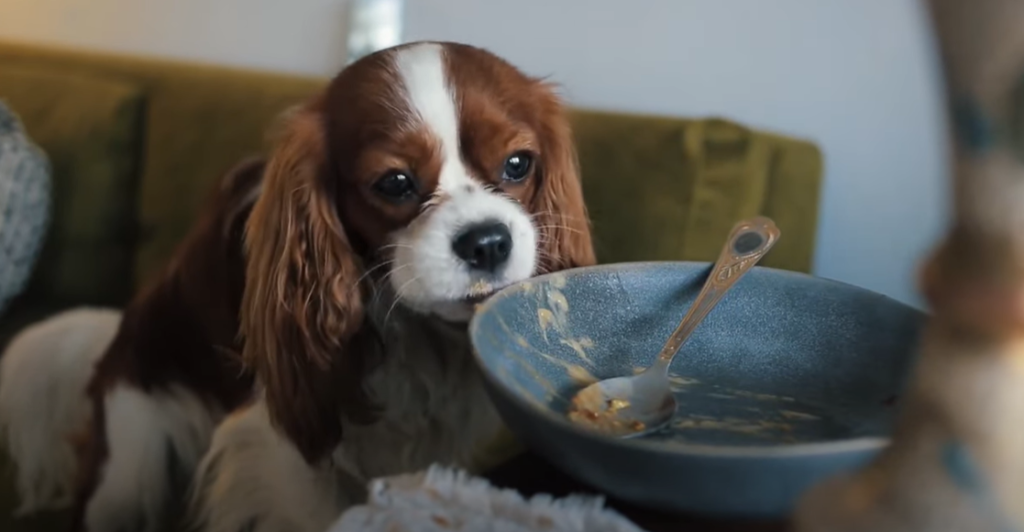
FAQ
Why doesn’t my dog eat in the morning but eat at night?
It is possible that your dog has a biological clock that makes them prefer to eat later in the day. This type of behavior is more common in wild canines, who tend to hunt and forage at night. Your dog may be exhibiting this type of behavior as an instinctual response. Additionally, it is possible that your dog has developed a preference for the night-time. This could be due to the fact that they receive more attention during the night or because you feed them at this time.
Is it OK if my dog only eats once a day?
No, it is not ideal for a dog to only eat once a day. Ideally, dogs should eat two meals per day – one in the morning and one in the evening. This helps to regulate their blood sugar levels, maintain a healthy digestive system, and keep them feeling full throughout the day.
Can dogs get bored of their food?
Yes, dogs can get bored of their food and may start to prefer eating at night if they are not provided with enough variety in their diet. Dogs have a keen sense of smell and can quickly become familiar with the food they eat. If the same meal is served at each feeding, your dog may soon become bored of the food and begin to prefer eating at night because it offers something more exciting. In order to prevent this from happening, it is important to provide your dog with a variety of nutritious and delicious food options.
How can I get my dog to eat during the day?
One way to help your dog get used to eating during the day is to feed him smaller but more frequent meals throughout the day. This will help your pup become accustomed to regular eating times and will help him learn that meals happen during the day. If your dog is used to being fed one large meal at night, slowly transition him to a routine of eating multiple small meals throughout the day.
What can I give my dog to eat in the morning?
If your dog only eats at night, you may be wondering what you can do to get them to eat in the morning. The first step is to make sure you are providing your dog with a healthy, balanced diet. Make sure you are offering them nutritious meals that contain the required vitamins and minerals that they need. You may also want to consider changing their food brand to one that is specifically designed for nighttime eating, as this can help them to feel fuller for longer and will make it easier to entice them to eat in the morning.
How long can dogs go without food overnight?
Dogs can usually go about 8 to 10 hours without food overnight, but this varies depending on the individual dog’s metabolism. Some dogs may need food more often, while others can go longer without it. In addition, if your dog has diabetes or is elderly, he may need to eat more frequently. It’s best to check with your veterinarian if you’re unsure about how often your dog needs to eat. Though dogs can go a few hours without eating, it’s important to feed them at regular times so they stay healthy and their digestive systems remain in balance.
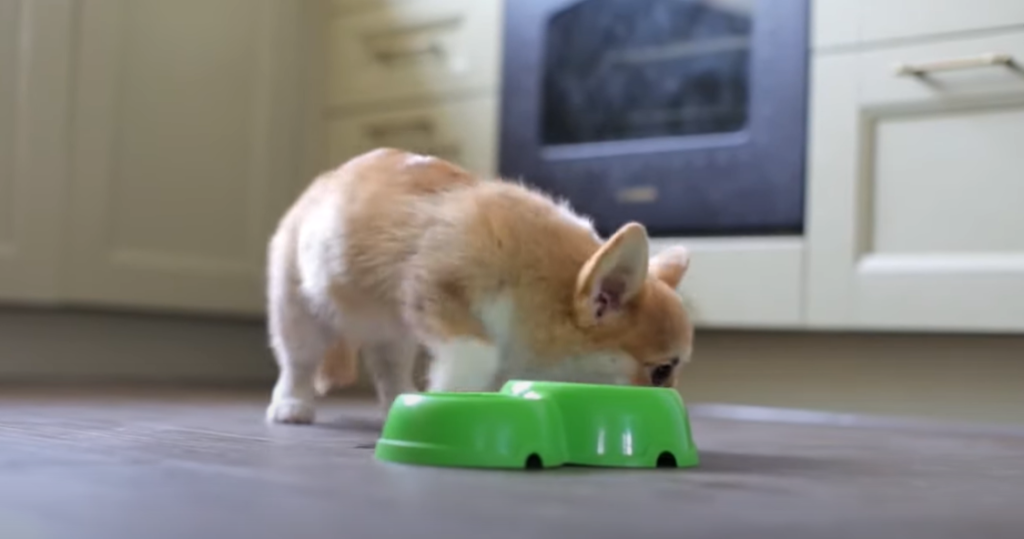
How many hours before bed should a dog stop eating?
It is important to feed your dog a few hours before bedtime to prevent indigestion or other medical issues. Generally speaking, you should feed your dog at least three hours before bedtime. This gives the food time to properly digest and will help ensure a comfortable night’s sleep for your pup. You should also try to stick to a consistent feeding schedule, which will help regulate your dog’s metabolism and digestion.
Why is my dog not eating his food but will eat treats?
It’s possible your pup is exercising a preference for certain kinds of food. While they may not be interested in their regular kibble, they may be more attracted to treats and human food due to the added flavorings and additional calories. However, if your dog is refusing all food, then it may be more serious than just a preference.
Can a dog go 12 hours without eating?
It’s possible for some dogs to go 12 hours without eating, though it isn’t recommended. For most canine breeds, it’s generally recommended to feed them twice a day and ensure they eat at least once every 12 hours.
Is it better to feed your dog in the morning or at night?
It’s a common question that many dog owners have.The answer isn’t necessarily straightforward, as there are pros and cons to feeding your pet at either time. For starters, feeding your dog in the morning can help him establish a consistent feeding schedule and eating routine that he can stick to throughout the day. This can help support his digestion and keep him from begging for food at other times. On the other hand, some dogs prefer to eat at night since they have a natural preference for being active in the evening and digesting while they rest.
Will dogs starve themselves if they don’t like their food?
No, dogs won’t starve themselves if they don’t like their food. In general, dogs will eat when they are hungry and not when they are not. If a dog is refusing to eat, it could be caused by many things such as stress, change in environment, health issues, and other environmental factors. It is important to make sure that the food you are offering your dog is of a good quality with appropriate amounts of nutrients.
Useful Video: Why Does My Dog Only Eat At Night?
Conclusion
Understanding why your dog only eats at night is important to helping them have a healthy diet. If the behavior is due to their natural eating habits, giving them plenty of food and providing the right type of food to accommodate their needs is essential. If it’s due to medical reasons, it’s important to seek the advice of a veterinarian. If it’s due to being stressed or anxious, providing them with a calm, supportive environment and engaging them in activities may be beneficial. Ultimately, if your dog is only eating at night, it’s important to figure out and address the cause to ensure your pup is getting the nutrition they need.
References:
- https://welovedoodles.com/why-does-my-dog-only-eat-at-night/
- https://sirdoggie.com/dog-only-eats-at-night/
- https://notabully.org/why-does-my-dog-only-eat-at-night/
- https://highpeakpets.com/why-does-my-dog-only-eat-at-night/
- https://stayyy.com/why-does-my-dog-only-eat-at-night/

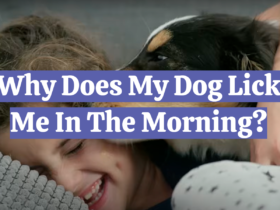
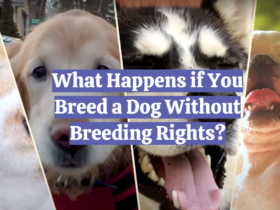
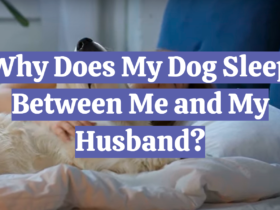
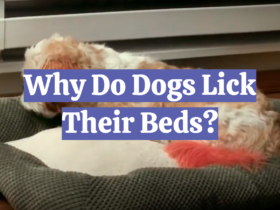
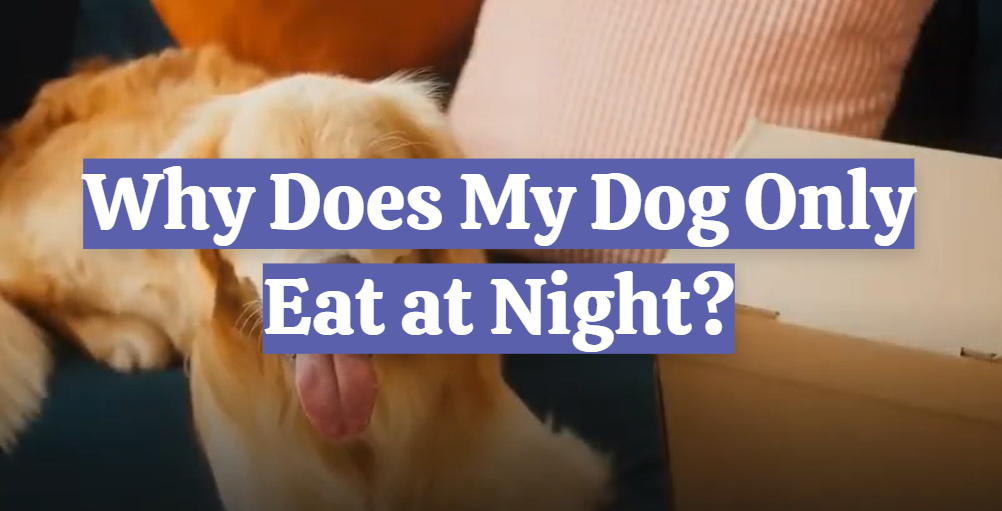
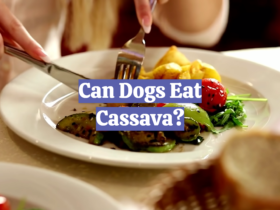
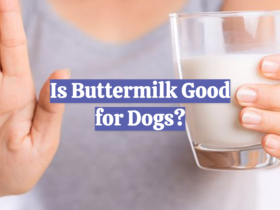
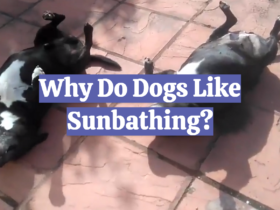
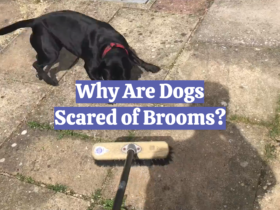
Leave a Reply